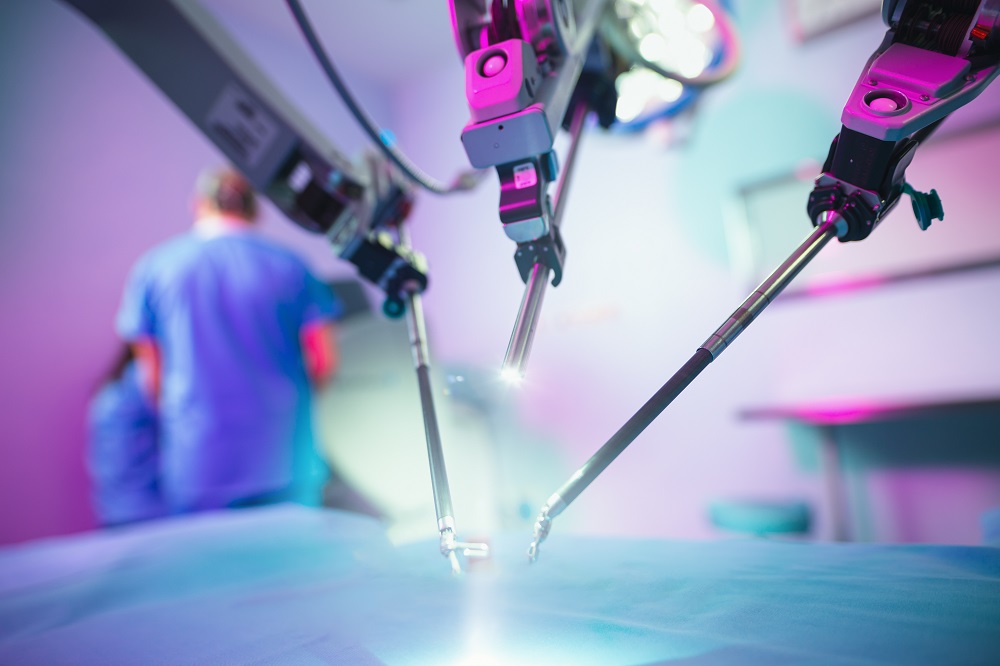Spine Surgery
Spinal Surgery

Spine surgeons are doctors who specialize in the treatment of conditions that affect the spine. Both orthopedic Surgeons and Neurosurgeons are trained in and may specialize in spinal procedures. In some cases, specialization training may be involve a combined team of both orthopedic and neurosurgeons.
Before you agree to back surgery, consider getting a second opinion from a qualified spine specialist. Spine surgeons may hold different opinions about when to operate, what type of surgery to perform and whether — for some spine conditions — surgery is warranted at all. Back and leg pain can be a complex issue that may require a team of health professionals to diagnose and treat.
The type of procedures that spine surgeons perform varies depending on whether the doctor is an orthopedic or neurosurgeon. Both types of surgeons may perform the exact same procedures. However, certain procedures may be better suited for a specific specialty. Due to their expertise in central nervous system conditions, neurosurgeons might be better equipped to treat spinal cord tumors. Orthopedic surgeons that specialize in spinal surgery may also be more likely to treat spinal problems such as scoliosis. It is possible that orthopedic surgeons are more inclined to perform complex procedures.

